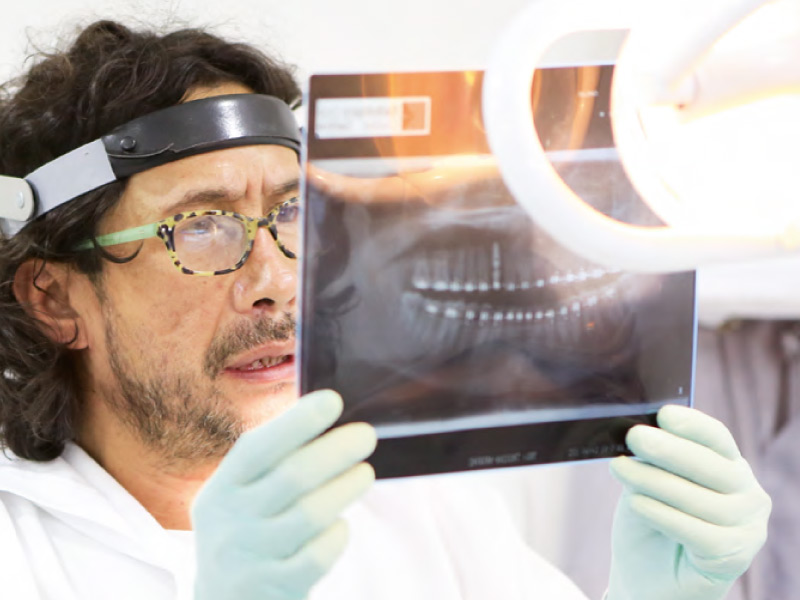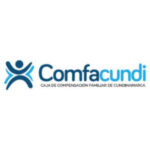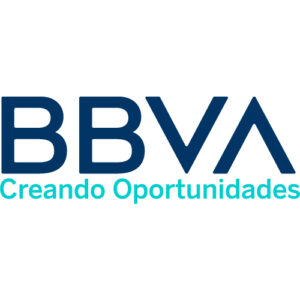Periodontics
``You are what you choose to be`` - Marlon Becerra Díaz
Periodontal treatment
Live a different experience with us
In Marlon Becerra Dentistry, we care about improving and maintaining the oral health of our patients, therefore, our hygienic phases (dental cleaning) and treatments of this specialty are performed by professional specialists in periodontics, so we guarantee each of our procedures.
DENTAL CLEANING

Hygienic Phase
Most dental diseases are caused by an excess of bacterial plaque, which is why the hygienic phase of oral health is so important. With this procedure, our specialists deeply remove bacterial plaque and tartar (calculus) from the areas where the toothbrush and dental floss cannot reach.
Advantages
- Every time you perform a hygienic phase, you prevent future gum and bone disease.
- You keep your oral hygiene in optimal conditions.
REMEMBER
Brush your teeth at least 3 times a day and perform a hygienic phase every 4 months.
What about teeth cleaning during pregnancy?
Virtually all dental treatments are safe during pregnancy and dental cleanings are no exception.
This procedure is completely harmless if performed without anesthesia. It consists of the removal of tartar or calculus from the teeth, gum line and interdental spaces.
It is a simple procedure, but it needs to be performed carefully and in detail. When you undergo this, the dentist will follow the following procedures:
- He will perform a general evaluation of the health of your mouth and gums. In this way, it rules out the presence of other periodontal diseases and tooth mobility.
- He will then locate the areas where plaque is present using a staining solution, a magnifying glass and a scraper.
- The next step is to remove the plaque using a tool called a curette. When the dentist starts this procedure, he or she must work to carefully remove the tartar build-up below the gum line. It is normal to see some bleeding.
- To clean the interdental spaces, dental floss or interproximal brushes are used.
- To finish with a solution of water and baking soda, the delta surface is cleaned. The intention of this last step is to remove stains formed by foods containing pigments (coffee, wine, tea, etc).
- Dental cleanings will be the indicated treatment if you suffer from pregnancy gingivitis. And as you may have noticed, it is not an invasive treatment that can put you or your baby’s health at risk.
- The only thing you should be careful with is the use of anesthesia, especially if it is to treat dental problems before the first trimester of pregnancy. It has been shown that during the first three months anesthesia can affect the baby.
- It is recommended that, regardless of whether you are pregnant or not, you have two dental cleanings a year. In case you are pregnant you should tell your dentist, who will take the necessary precautions according to the case.
When should you go to a periodontal emergency?
URGENCIES
When should you go to a periodontal emergency?
- When you identify significant inflammation of purulent material (periodontal abscess).
- When you present mobility in the teeth (alarm sign).
- When you present an abnormal raised lesion (ball) on the inside of the cheeks, gums, tongue or palate.
- If you present inflammation, bleeding and intense redness in your gums.
REMEMBER
It is very important that this procedure is performed by a dentist specialized in periodontics.
Periodontics in Colombia
Did you know that?
Periodontitis affects 62% of the Colombian population and can also behave as a silent disease.
Research at Universidad CES – Medellín (2015).
ORAL IMPLANTOLOGY
It is the area of dentistry that replaces missing teeth by placing titanium screws (implant material biocompatible with the body), resembling the root of the tooth. This process restores health, function and esthetics to our patients. In some cases there will be a need for bone regeneration (grafting of lost bone and/or membrane).

DENTAL IMPLANTS
Recommendations after implant surgery
- Maintain at rest.
- Avoid physical exertion.
- Avoid prolonged sun exposure or temperature increase for the first 3 days.
- Liquid diet.
- Avoid irritating, spicy or very hot diet.
- Avoid smoking.
- Place cold compresses on cheeks for the first 3 days.
- Sleeping in a semi-sitting position.
- Attending check-ups with the specialist.
Remember that these procedures must be performed by a Dentist specialized in Periodontics, in order to guarantee your Oral health and treatment.
Get to know our
Services
LEAVE US YOUR CONTACT INFORMATION
Make an appointment at your nearest location.
























